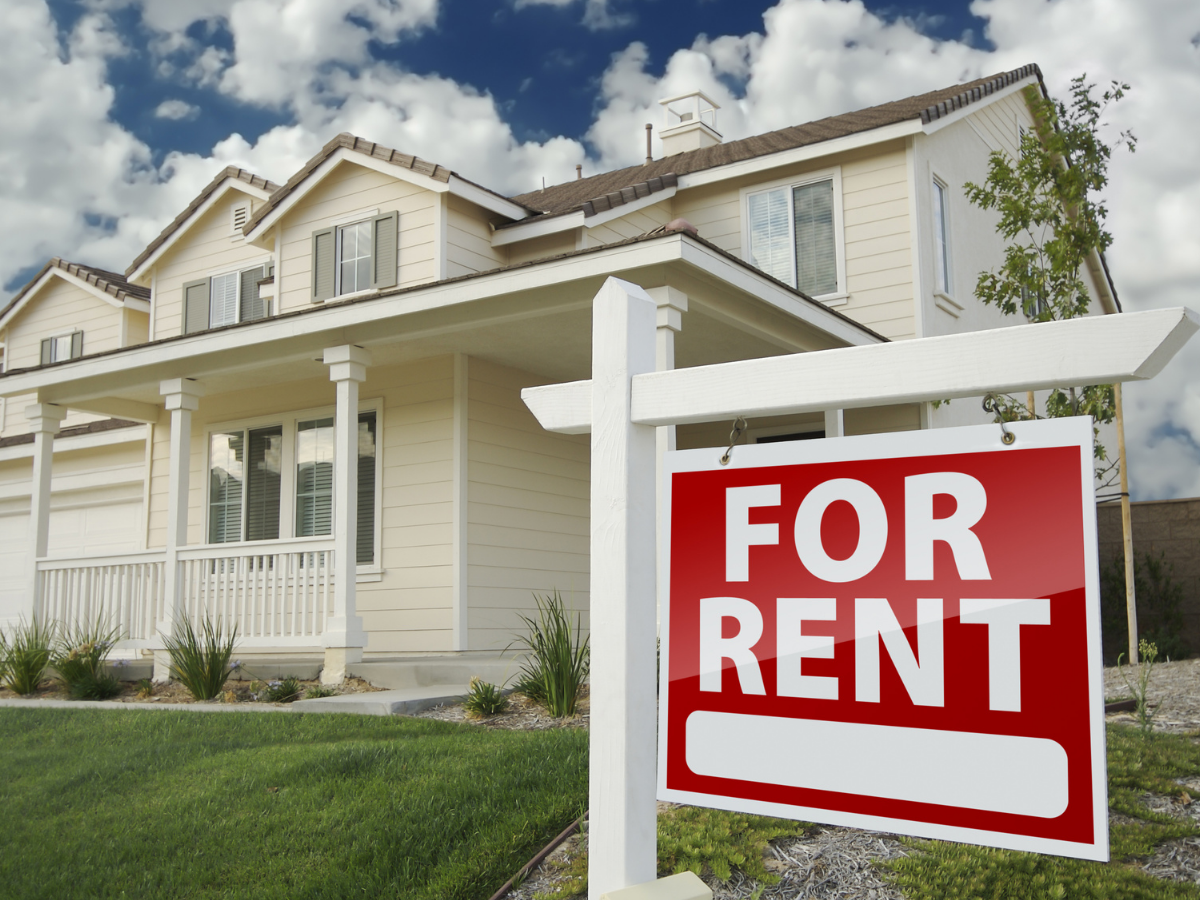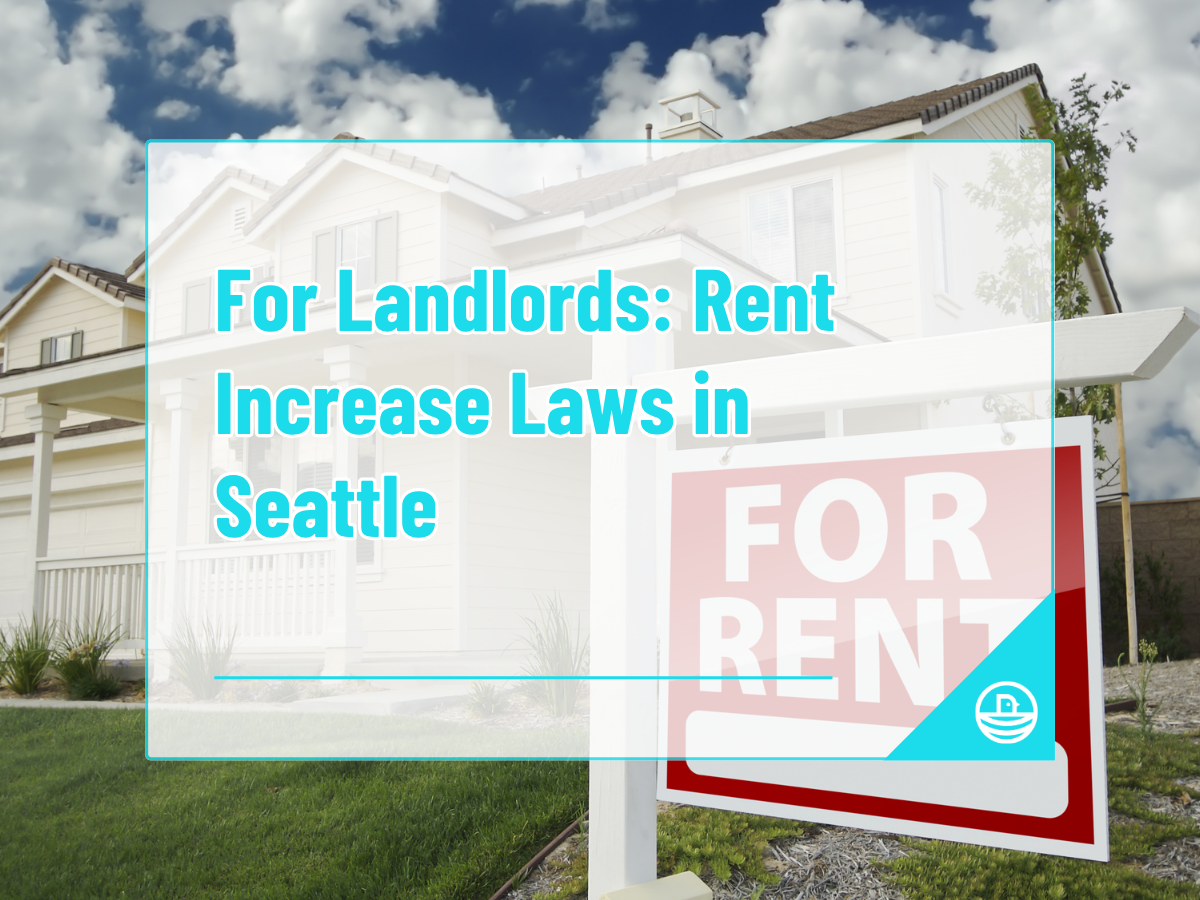For Landlords: Rent Increase in Seattle
Seattle's rental market is vibrant and dynamic, attracting a diverse range of tenants and landlords alike. However, navigating the laws surrounding rent increase in Seattle can be challenging for property owners. Understanding these regulations is crucial for maintaining compliance while maximizing rental income. This article provides an in-depth look at these laws, providing you with the information you need to navigate this aspect of property management.
Introduction
Renting property in Seattle comes with its own set of rules and regulations that you must adhere to. The city's rental market is heavily influenced by local laws designed to protect tenants, which can sometimes create confusion for property owners. With the rising cost of living and increasing demand for housing, you may find yourself considering rent increases. However, it is essential to know the legal framework governing these increases to avoid potential disputes or penalties.

How Much Can a Landlord Increase Rent in Seattle?
The amount by which you can increase rent in Seattle is governed by specific regulations. As of 2025, the State of Washington limits annual rent increases to 7% plus inflation or 10%, whichever is lower. However, you must also consider the overall market conditions and the rental rates of comparable properties in the area. Setting a rent increase that is too high may lead to tenant turnover, which can be costly in the long run.
Moreover, Seattle's rental market is influenced by various factors, including the city's booming tech industry and its growing population. With companies like Amazon and Microsoft expanding their presence, the demand for housing has surged, leading to a competitive rental landscape. This environment can create pressure to balance the need for increased revenue with the risk of losing tenants to more affordable options. Additionally, you must navigate the complexities of tenant rights, which are robust in Seattle, ensuring that any rent increase is communicated properly and complies with local laws.
In light of these regulations, you are encouraged to engage in open communication with your tenants about potential rent increases. This not only fosters a better landlord-tenant relationship but can also mitigate disputes that may arise from misunderstandings regarding rent adjustments. You may even consider offering incentives, such as minor renovations or utility inclusions, to justify a rent increase and enhance tenant satisfaction.
When Can You Increase Rent?
Timing is crucial when it comes to rent increase in Seattle. You are required to provide tenants with proper notice before implementing any rent increase. According to Seattle's regulations, you must give at least 180 days' written notice for any rent increase.
Furthermore, you cannot increase rent during the term of a lease unless the lease specifically allows for it. Most landlords choose to implement rent increases at the end of a lease term, allowing tenants the option to renew at the new rate or move out. This practice not only complies with the law but also fosters a transparent relationship between landlords and tenants.
How Do You Increase Rent?
Rent increases in Seattle involves several steps to ensure compliance with local laws. First and foremost, review your lease agreements to confirm the terms regarding rent increases. If the lease allows for increases, calculate the new rent based on the permissible percentage increase.
Once the new rent amount is determined, prepare a written notice to inform the tenant of the increase. This notice should include essential details such as the current rent, the new rent amount, and the effective date of the increase. It is advisable to send this notice via certified mail to ensure that there is a record of delivery.
Be prepared to discuss the reasons behind the rent increase with your tenants. Open communication can help mitigate any negative reactions and foster a better understanding of your position. Providing context, such as rising property taxes or maintenance costs, can help tenants see the rationale behind the increase.
Final Thoughts: Rent Increase in Seattle
Understanding the laws surrounding rent increases in Seattle is vital for landlords. By adhering to the legal requirements regarding how much and when to increase rent, you can protect yourself from potential disputes while ensuring a steady income stream from your properties.
As the rental landscape continues to evolve, staying informed about changes in regulations and market conditions is essential. You should regularly consult with legal experts or property management professionals to ensure compliance and make informed decisions.
While the process of increasing rent may seem daunting, understanding the laws and following the correct procedures can lead to a successful rental experience. By prioritizing transparency and communication, you can navigate rent increases smoothly, ensuring both your financial success and tenant satisfaction.
If you want to maximize your rental income without becoming an expert on landlord-tenant law, reach out to Evernest’s Seattle property management team today!













